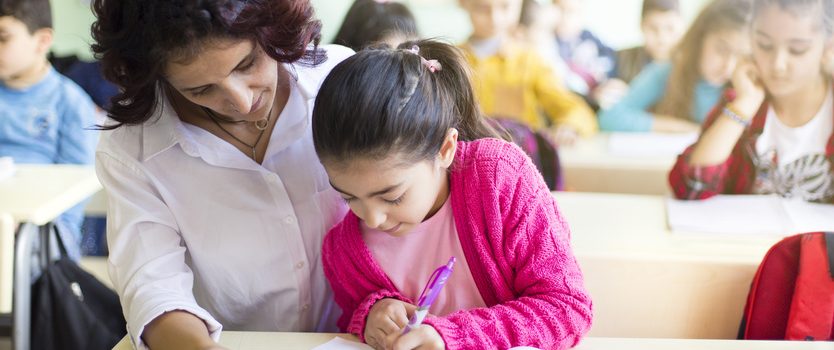Not all students achieve at the same level at the same time. Differentiating learning is a common method used to help reach all students at their various levels. Sometimes students need extra attention, or intervention, to help them focus and improve particular skills. Academic intervention is a strategy where students learn a new skill, improve fluency in previously learned skills, or learn how to apply specific skills in different circumstances.
When introducing students to an academic intervention, it’s important to make the child feel comfortable and excited to be working on these skills. It should never feel like intervention is a punitive act. It should be presented as an opportunity to enhance the skills they already have. Intervention time can also address behavioral skills, like time management, finishing assignments, and organization. Students can watch their achievement and see the positive accomplishments achieved through a little extra work.
Interventions are specific learning plans to target an individual student’s needs. The key is to identify the areas where the student needs extra development and give them opportunities to engage with these skills in a variety of ways. They can track their progress and feel rewarded for this extra effort without feeling like they are struggling to succeed.
How do your students respond to academic intervention?

